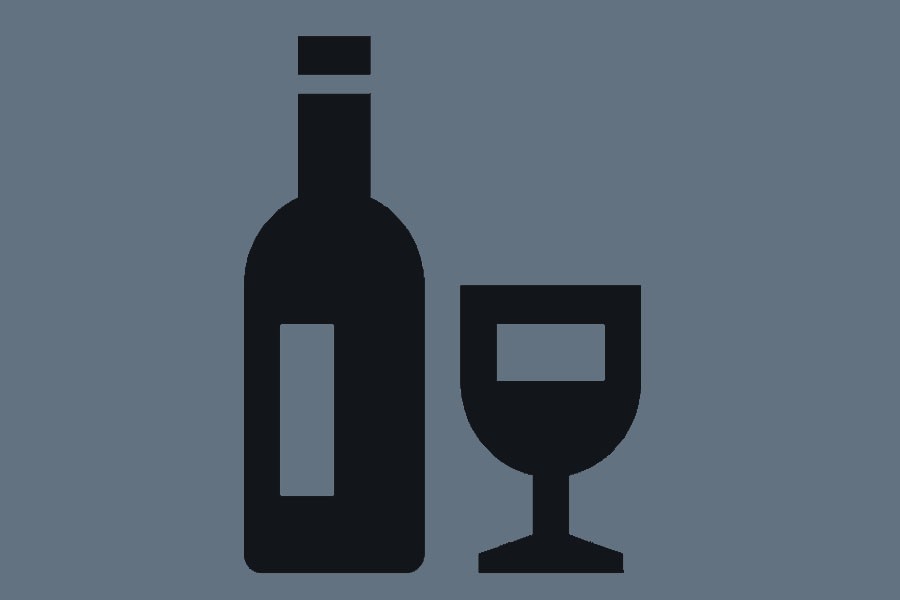In a country where clandestine factories of spurious medicines are unearthed from time to time, operation of manufacturing facilities of counterfeit liquor is unlikely to cause many an eyebrow to raise. Illegal like-alike life-saving drugs can harm or even kill patients in critical conditions. Common people are unlikely to detect the spurious editions of such drugs. In this case, what is prescribed and procured for saving lives becomes an agent of either non-cure, exacerbation of health condition or even death.
In case of liquor, the consumers are not patients and they drink alcoholic beverages ---distilled or fermented---either as a routine habit or in severe cases, for reasons of addiction. Whatever may be the case, in keeping with the general trend in this country, adulteration of liquor has also been going on clandestinely for long. Like occasional unearthing of such illegal crude distilleries, there was yet another in a most unlikely place ---a residential building's ground floor--- at Reazbagh, in the city's Rampura. A gang, according to officials of the Department of Narcotics Control (DNC), north, has been using the living accommodation for preparing spurious liquor of popular foreign brands for six months.
On Thursday night, in a raid by the DNC, three including the ringleader were arrested. Ethanol, essence and charcoal powder along with bottles of spurious liquor labelled as renowned brands of local and foreign origins and also some empty bottles were recovered from the den. An official of the DNC stated that the DNC would now look for those who supplied fresh labels, which the gang pasted on bottles collected from traders dealing in scraps, trash, used and rejected materials, to the gang.
Drinking of wine or hard drink in public is unapproved in society here although many in upper class society are not teetotallers and some of them have rich personal collections of foreign brands. They are usually not at risk of drinking the spurious contents in bottles with facsimile labels. It is because they procure it from genuine sources. But those with no such reach and influence and drink cheap liquor are surely at risk.
In February last year, the death of 12 people from alcohol consumption in Dhaka and Bogura exemplifies the low-end and high-end of brewery counterfeiting and contamination. Some members of a contingent of 41 of a media organisation, who went to a Gazipur resort on an office tour apparently fell victim to brewing malpractices. So was the case with two students of a private university. The death and hospitalisation of those who drank such spurious liquor were a strong warning against fake supply sources. But old habits die hard and there are incorrigible drinkers who hardly check with the source.
The Bogura case, on the other hand, concerned the procurement of spirit from a homeopath pharmacy. Crude brew made from spirit is cheaper and is a potential killer agent. Those who consume this kind of liquor cannot afford costly refined alcoholic beverage and are more likely to succumb to it.
Now that posh hotels have been legally allowed to keep liquor of both foreign and local brands, drinkers have an option at least to collect genuine liquor. Instead of collecting the beverage from clandestine source, they can easily collect their prescribed quota from bars of hotels. Under the legal parameter, there is hardly any health risk. But if the limit does not satisfy, the drinkers will have none except themselves to blame. If no one procured from clandestine sources, the demand for spurious type would have dropped and the underground gangs' business failed. Will this much discretion be too much to expect from drinkers?


